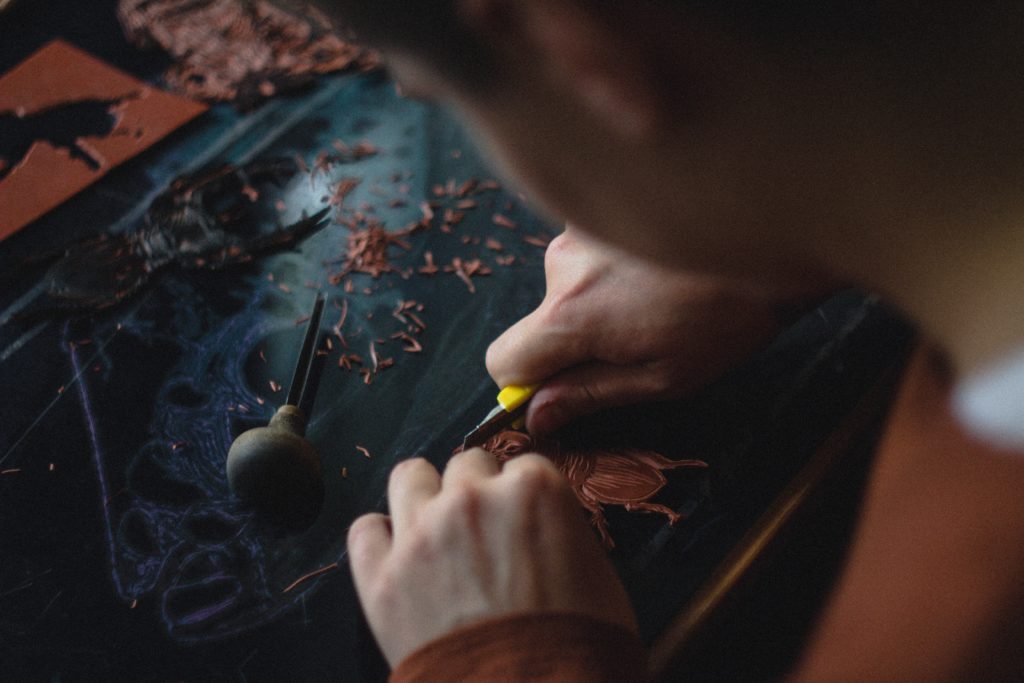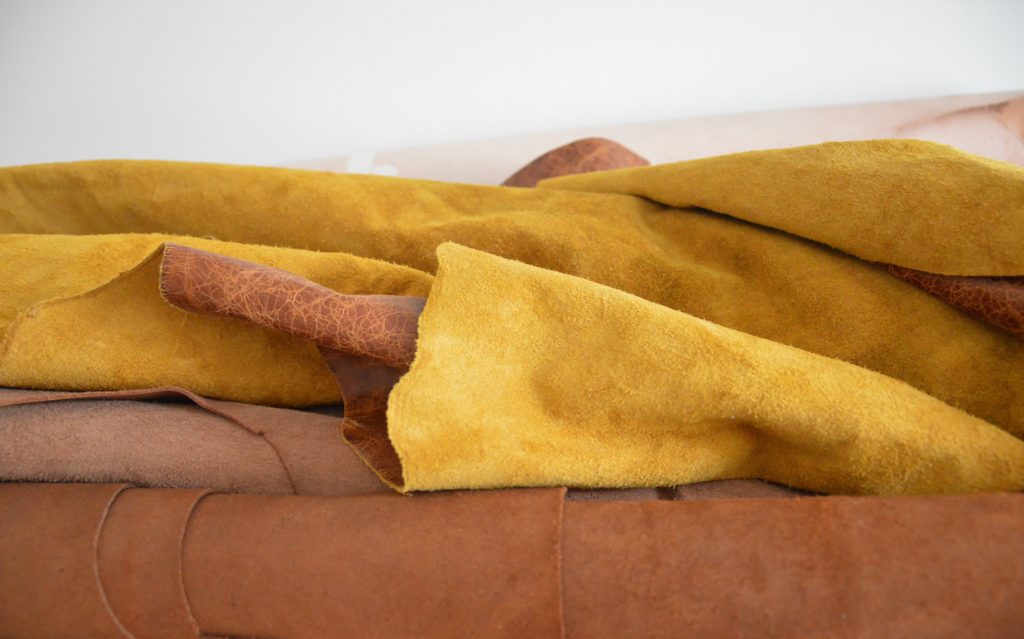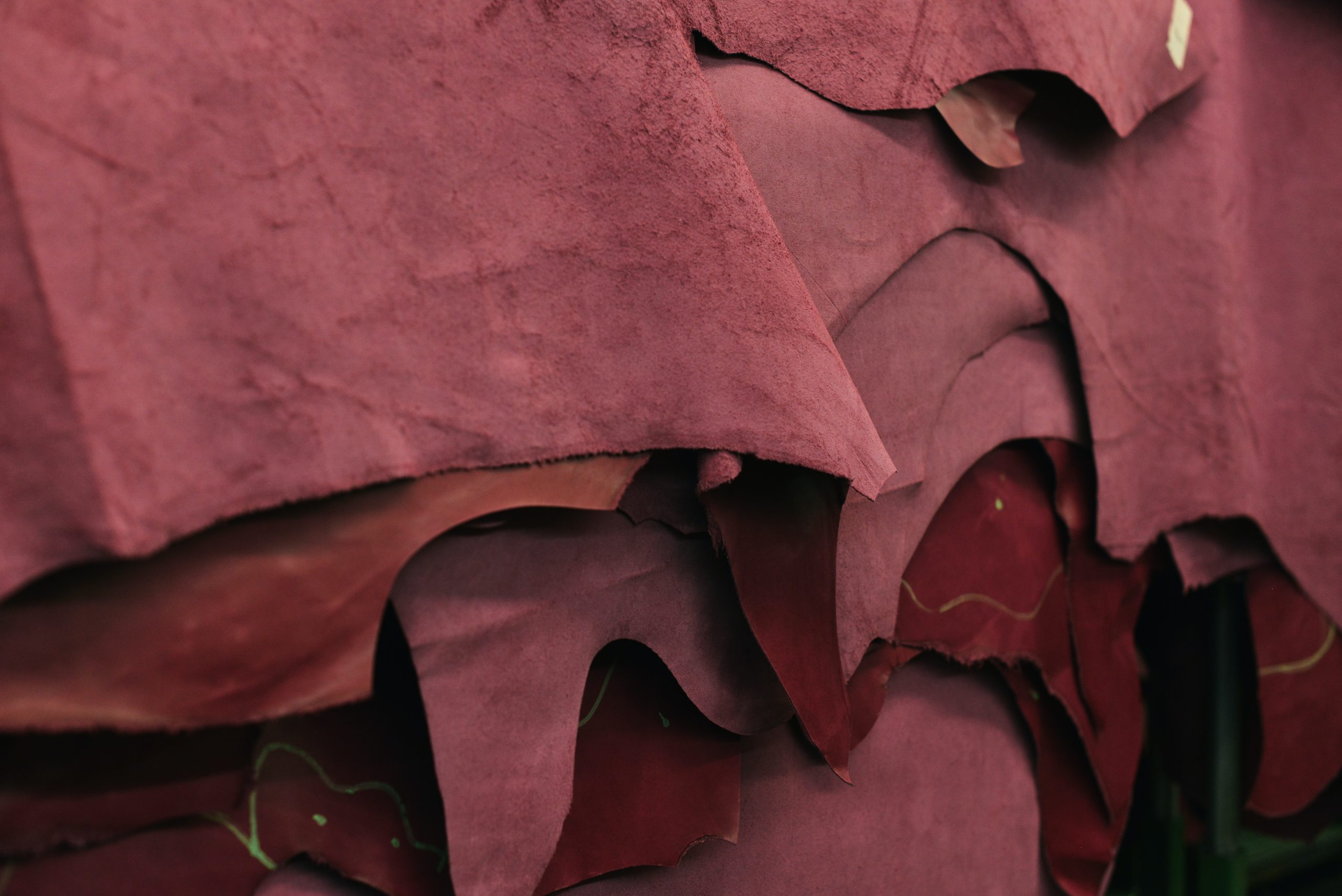3 Mins Read
Portugal has announced a ban on the term ‘vegan leather’. Similar prefixes have been banned alongside vegan, with ‘synthetic’ and ‘pineapple’ cited for illustrative purposes. It comes as the country deems such terms misleading to consumers and technically incorrect.
A new Leather Decree has been released, defining what leather is and how it can be used in commercial enterprises. Called “couro” in Portugal, it will now be a criminal offence to refer to non-animal skins by the same material name. Anybody continuing to refer to vegan, synthetic, pineapple and other leathers could face fines and criminal proceedings.

Nowhere to hide
Portugal is not the first country to implement a ban on ‘misleading’ terms. In Europe, Belgium, France, Italy, and Spain have all spearheaded similar initiatives. In each case, greater consumer clarity was cited as a primary motivation. Protecting a heritage industry is also noted and a positive consequence.
The banning of prefixes has been regarded as a response to the rise of brands seeking to market to the growing vegan demographic. By adding ‘vegan’ to imitation leather products, companies have benefited from passive consumption, undertaken in good faith. Primarily, however, it is being used to safeguard the environmentally concerning leather industry.
Lesser of two evils?
Professionals in the leather industry and those that rely on its supply claim that leather is a natural material and a by-product of other industries (notably industrially-reared meat) and this remains true. Beyond its association with the high carbon footprint of animal meat, leather production requires tanning, which some experts call the most ‘toxic phased of leather production. Tanning results in the release of carcinogenic chromium that ends up polluting waterways and causing acute health damage to tannery workers, some of which are children, as a result of long term exposure.
The problem with plastic
In the past few years, a host of new companies have dazzled a new generation of consumers looking for conscious products with claims of vegan leather made from apple waste, cactus or grapes, and brands have been clamouring to release limited collections with such materials. The problem? Newer iterations of leather-like materials still rely on fossil-fuel derived synthetic coatings and additives to mimic the desired qualities of animal leather. In some cases, the fruit or plant material is mixed with PU plastic. The result is a blended material than can neither be recycled (like a plastic) or composted (like a fully bio-based material could be). The end of life for these so-called new generation of alternative materials is either landfill or incineration, neither desirable result .
As sustainable materials expert Dr Ashley Holding told Green Queen last year, “the majority [of these new materials] are similar to the plastic ‘pleather’ or faux leather, which has been around for decades, and are really only incremental innovations.”

A legal minefield
Portugal’s new ban on the use of the term vegan leather comes amidst numerous other legal terminology battles.
In August last year, California-based Miyoko’s Creamery won a landmark legal battle surrounding its use of ‘butter’ on vegan dairy products. Acting as the instigator of the case, Miyoko’s took the California Department of Food and Agriculture to court. The company claimed its first amendment right to free speech was being impeded by a labelling ban designed to stop plant-based companies using terms such as ‘butter’. The ban was lifted, with the presiding judge disagreeing that consumers would be duped into buying items, believing them to be dairy.
In a blow to Australia’s big meat industry, the Australian Competition and Consumer Commission rejected an application last year for meat to be labelled as ‘certified humane’. The commission deemed that this would be a misleading claim designed to sway consumers. It came after an Australian senator was unable to enforce a ban on meat-like terms being used on vegan product packaging in the country.
Lead photo by m0851 on Unsplash.




